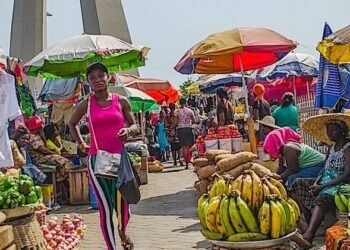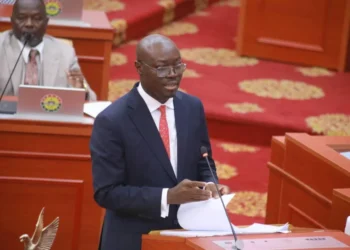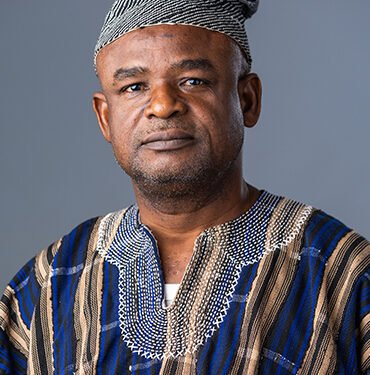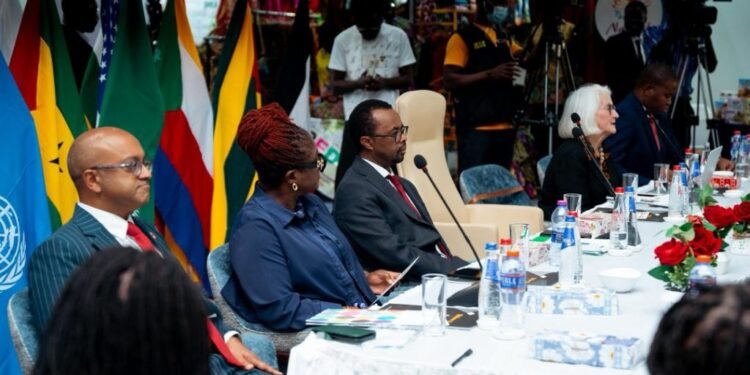The Government of Ghana has indicated it spent GH¢65.2 million last year towards the delivery of programs under Goal 12 of the Sustainable Development Goals (SDGs) which focuses on responsible consumption and production and seeks to ensure sustainable consumption and production patterns.
Out of the total budget for Goal 12 in 2020, GH¢ 22.3 million was allocated to programs at the National level. The rest of the GH¢42.9 million was also allocated towards the delivery of programs at the MMDA levels.
However, the amount spent on SDG 12 in 2020 is lower than the GH¢190.5 million allocated towards the delivery of programs under the Goal in 2019.
According to the Ministry of Finance (MoF), the Government of Ghana was the main source of funding towards the delivery of programs under the SGD 12 in 2019. Funds from the Government amounted to GH¢123.3 million.
Specific Targets
A total of six targets received funding under SDG 12 last year, namely 12.2, 12.3, 12.5, 12.7, 12.8 and 12.a. But, the MoF revealed that target 12.5 received the most funding of GH¢35.5 million in 2020. Target 12.5 aims to substantially reduce waste generation through prevention, reduction, recycling, and reuse by 2030. This means that government is keen in ensuring proper waste management in the country in line with the President’s promise of making Accra the cleanest city in Africa.
National Perspective
Currently in Ghana, there is a growing need to ensure that there is efficient production and consumption levels. As such, the government is rolling out policies and programs in line with this growing trend.
Under the Green Business Initiative, the country seeks to revolutionize vegetable cultivation through the completed 75 Greenhouses (Domes) at Dahwenya in the Greater Accra Region. Additionally, MoF indicated that the government is training 1500 graduates in the use of greenhouse technology.
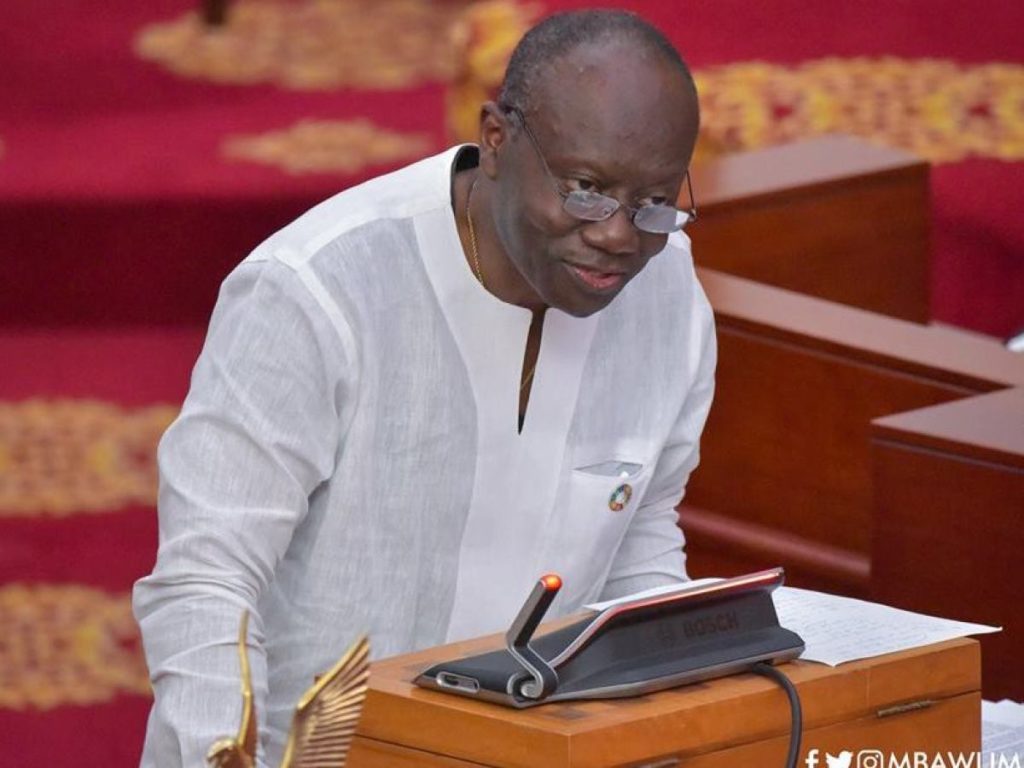
Meanwhile, in line with SDG 12 is the government’s efforts to ensuring food security in the country. One key intervention in this regard is the establishment of the Ghana Commodity Exchange (GCE).
The GCE is intended to link Ghanaian smallholder farmers to agricultural and financial markets in Ghana and across the sub-region. This will ensure that Ghanaian farmers secure competitive prices for their commodities, reduce post-harvest losses as well as supply good quality commodities that meet the nutritional needs.
Moreover, the government is making efforts to accelerate the reduction of plastic waste and pollution in Ghana. A key intervention in this regard is the launch of the Ghana National Plastics Action Partnership (NPAP) Initiative in October, 2019.
Additionally, MoF indicated that the Government launched a Street Litter Bin Campaign and deployed 4,100 (240-Litre capacity) bins to selected MMDAs. The government selected these MMDAs within the Greater Accra, Ashanti, Western, Central, Oti and Volta Regions. The aim of the initiative is to aid the proper disposal of litter (waste) along the principal streets of the country.
Global Perspective
Sustainable consumption and production is about promoting resource and energy efficiency, long-lasting infrastructure, and providing access to basic services and a better quality of life for all. Each year, estimates show that about 1.3 billion tonnes of food produced in the world worth around $1 trillion go waste. Such foods end up rotting in the bins of consumers, retailers, or spoiling due to poor transportation and harvesting practices.
Currently, the food sector accounts for around 22% of total greenhouse gas emissions, largely from the conversion of forests into farmland.
READ ALSO: There are a number of inaccuracies in this report- Rev Brew




